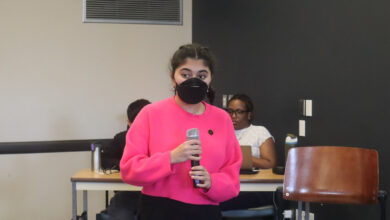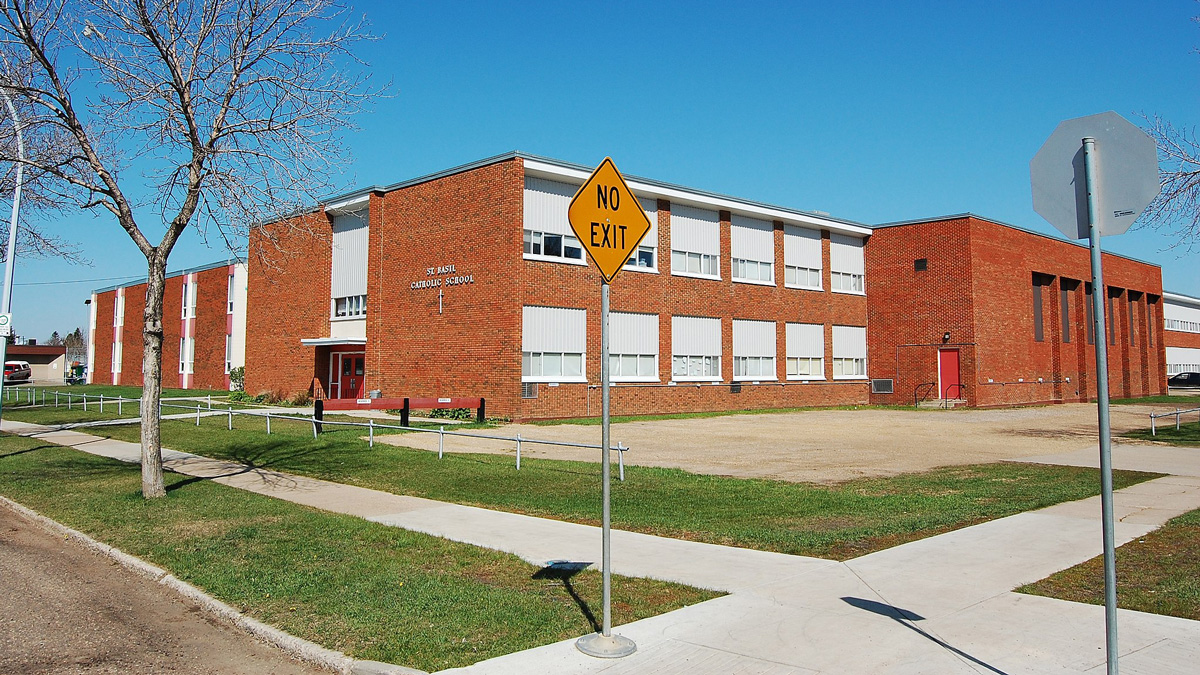 ev
evIn a move to domesticate work during low employment, the provincial government decided to limit the number of foreign temporary workers in 475 sectors to try and save jobs for Albertans. However, this decision may end up hurting Albertans in the long run.
Previously, Premier Jason Kenney supported the idea of temporary foreign worker programs in Alberta. He endorsed it even — pledging to reform the program in 2014.
This request for reform was due to allegations of abuse toward foreign temporary workers. As one worker recounts, many of these foreign temporary workers were illegally required to pay for their place in the workforce, only to be placed in crowded accommodations and exploited by housing and employers once they got here. Now, the premier is spearheading a plan to reduce the number of these workers in hopes of boosting employment for Alberta.
We’re in a pandemic; of course it’s unsurprising that unemployment has been high, with a rate of 15.5 per cent unemployment recorded in May. Despite this, many of our essential businesses still rely on foreign workers to function.
In the past, the industries dependent on their labour have been hurt by foreign temporary worker bans, such as the restaurant industry in 2014. Agriculture, the sector which employs most foreign temporary workers in Canada, is another prime example. Early in the pandemic, fear of a lack of foreign workers due to COVID-19 prevented some Alberta farms from moving forward.
By examining these sectors, we remember the important roles that temporary foreign workers play in our economy. Currently, businesses that hire foreign temporary workers must prove that they have a labour shortage which no Canadians or permanent residents can fill.
Kenney’s decision to scale back foreign workers in 475 sectors — which include food service, retail trade, and other ‘unskilled’ labour — creates a labour shortage that Albertans must now fill for less pay. A reason why businesses will hire foreign temporary workers is due to the fact that the pay is so low. These temporary workers will often ‘settle for less’ while being treated worse.
It’s gone without saying that these abuses that already exist for foreign temporary workers are being aggravated with the pandemic, with some even contracting the virus and passing away while working here.
With the number of jobs that were lost in the pandemic, the 1,350 plus jobs the UCP government is promising will come out of these changes pales in comparison. Considering the number of jobs that Albertans have lost, this addition still does not mean a net zero — let alone a positive change in number of jobs available.
Rather than reducing the number of temporary foreign workers, a more reassuring solution to the jobs lost during the pandemic would be reinvestment into the community. While the pandemic forces us to localize, Alberta’s economy should prioritize supporting small businesses. Though the situation now is different from the economic depressions of the past, the solutions can be mimicked; government investment will still employ more people while reminding citizens that their government has their best interests in mind.
Another element to consider is whether or not Albertans will take these newly available jobs. With the positions open, employers unable to find foreign temporary workers will still look to generate as much profit as possible. This either means that employers will inevitably take advantage of young applicants, or that Albertans will have to settle for the same pay a foreign worker was contracted for.
Coupled with the disparity between living wage and minimum wage, Albertans may be forced a step back in the fight for livable wages.
On the surface, the United Conservative Party’s decision to restrict the number of foreign temporary workers in Alberta seems like a step in the right direction for employing Albertans again. However, when considering that Alberta has relied on foreign workers to grow our economy — at the expense of their abuse and treating them as disposable workers— this decision seems unfair.
Not only that, but the expectation of Albertans to fill these jobs at an undoubtedly low wage moves our province behind in the fight for a living wage. The situation is a lose-lose for everyone.
While the provincial government’s intentions are good, the intentions would be better communicated through investments in Alberta’s communities and local economies. Unless Albertans and temporary foreign workers move forward together, we all face falling behind.




